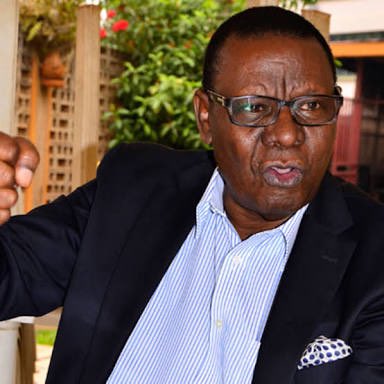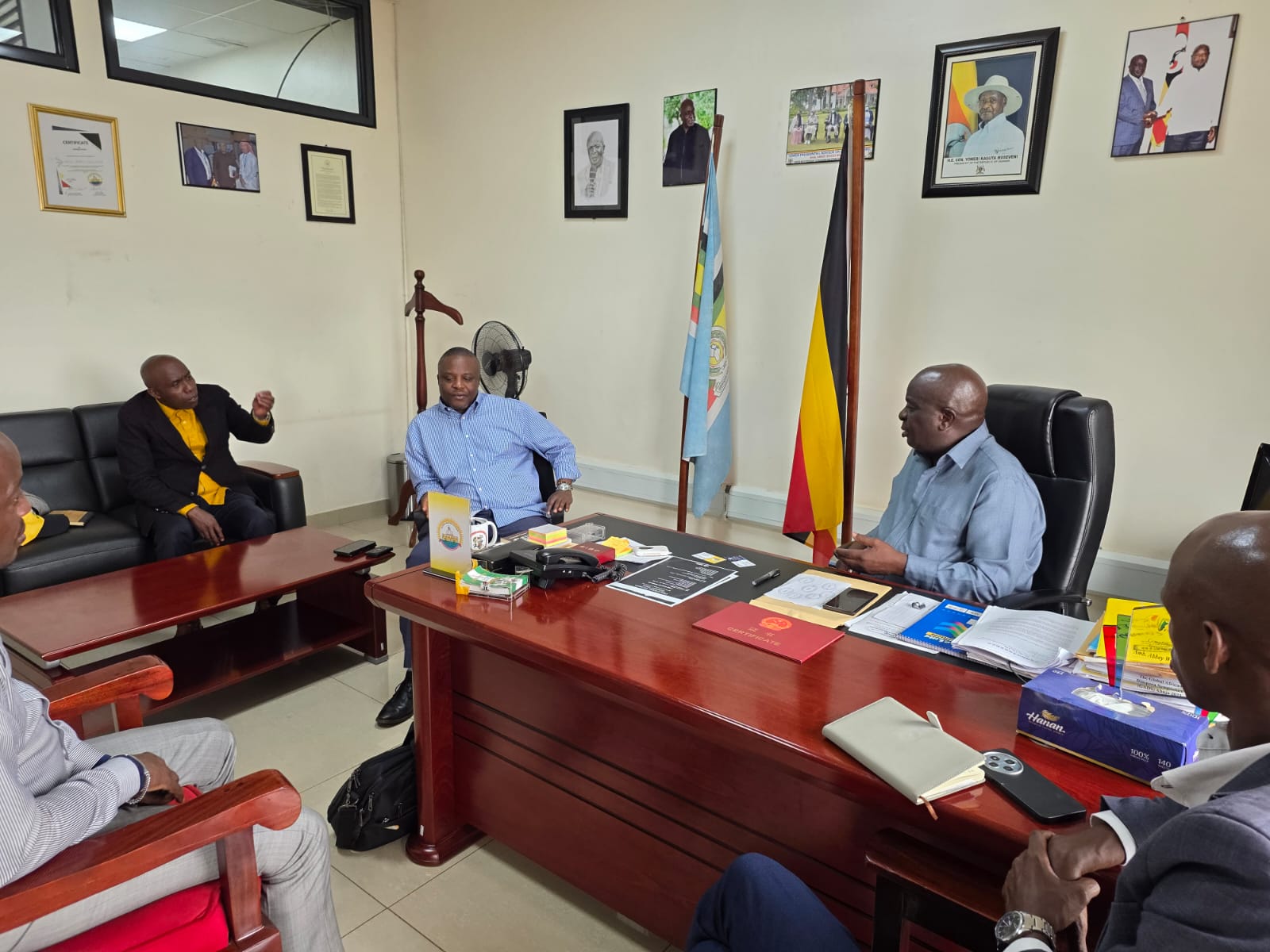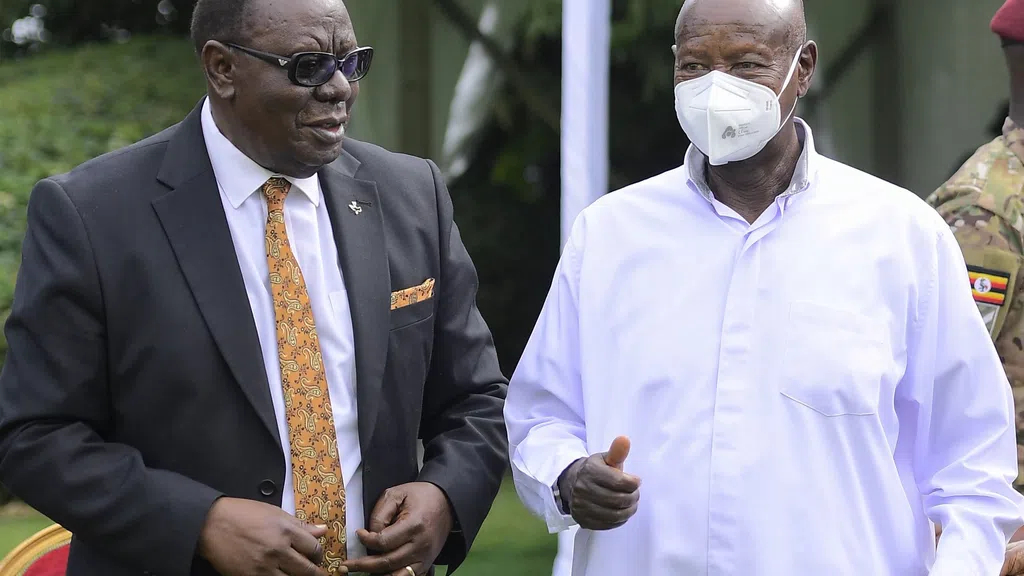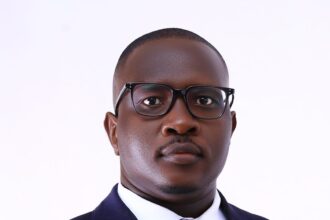Chris Rwakasisi: From Obote’s Security Minister to a Symbol of Forgiveness in Uganda
Chris Rwakasisi, a prominent figure in Uganda’s turbulent political history, served as the Minister for Security during Milton Obote’s second presidency (1980–1985). Born in the Ankole region, Rwakasisi rose through the ranks of the Uganda People’s Congress (UPC) party, becoming a key ally to Obote after the overthrow of Idi Amin in 1979. As Security Minister, he wielded significant power, overseeing internal affairs and intelligence operations during a period marked by civil war and insurgency. His role placed him at the center of the government’s efforts to suppress the National Resistance Army (NRA) led by Yoweri Museveni, who was fighting a bush war from the Luwero Triangle. Rwakasisi was accused of orchestrating atrocities in Luwero, including killings and abductions, though he has consistently maintained his innocence, insisting he was following orders in a chaotic era.The turning point in Rwakasisi’s life came with the 1985 coup d’état that ousted Obote. On July 27, 1985, forces loyal to General Tito Okello Lutwa stormed Kampala, arresting Rwakasisi as he attempted to flee to Kenya. He was not initially captured by Museveni’s NRA but by the Okello regime, which handed him over after Museveni’s forces took power in January 1986. Tried for treason, kidnapping, and murder, Rwakasisi was sentenced to death and spent the next 24 years on death row in Luzira Maximum Security Prison. During this time, he shared a cell with notable figures like Bob Astles, Idi Amin’s advisor, and endured profound isolation. He later recounted forgetting his own name, identifying only as “Honourable Minister,” a stark reminder of how power had defined him. In prison, bitterness consumed him; he admitted to hating God for allowing his fall and resenting Museveni, whom he blamed for his plight. Museveni, in public speeches, had accused Rwakasisi of killing “his children” in Luwero, fueling mutual animosity.Rwakasisi’s salvation came unexpectedly in 2009 when President Museveni pardoned him, along with others convicted of similar crimes. Museveni later explained that he prayed about the case in a small office at the old State House and heard an inner voice urging mercy, questioning the evidence against Rwakasisi. This act of clemency transformed their relationship from adversaries—Museveni in the bush fighting Rwakasisi in State House—to unlikely allies. Rwakasisi has since described Museveni as his “greatest friend in Uganda,” crediting him with saving his life and attributing the pardon to Museveni’s faith and obedience to divine guidance. Post-release, Rwakasisi reconciled with the National Resistance Movement (NRM) government, narrating his story at party events and emphasizing themes of redemption.Today, at over 80 years old, Rwakasisi remains relevant as a living testament to Uganda’s journey toward national healing. His experiences underscore the fragility of power and the necessity of forgiveness in a country scarred by decades of conflict under leaders like Amin, Obote, and the early Museveni era. In a polarized political landscape, where tribal and historical grievances persist, Rwakasisi’s narrative challenges leaders and citizens to prioritize reconciliation over revenge. He has become a symbol for the NRM’s reconciliation efforts, often invoked to promote unity.This relevance was poignantly highlighted during his reflections at the 27th National Prayer Breakfast on October 8, 2025, at State House Entebbe—the eve of Uganda’s Independence Day. Themed “The Power of Forgiveness and Reconciliation,” the event featured Rwakasisi’s moving testimony. He vividly described his downfall: from commanding a presidential-like convoy, saluted by generals, to being demeaned by prison guards as “Wewe Ka Chin” (a derogatory term meaning “you little Chinese,” mocking his appearance). He spoke of his pre-arrest arrogance, forgetting God amid worldly glories, and how imprisonment stripped him of identity and power. Rwakasisi credited his survival to divine intervention through Museveni, whom he once “fought and was defeated by.” His words resonated deeply, with Museveni praising the testimony and urging Ugandans to embrace forgiveness for nation-building. Social media buzzed with reactions, some hailing it as inspirational, others questioning selective pardons based on ethnicity or religion—Rwakasisi, a Munyankole Christian like Museveni, versus executed figures like Hajji Musa Sebirumbi, a Muslim from Luwero.The meaning of Rwakasisi’s reflections transcends personal redemption; they serve as a national parable. In a Uganda grappling with corruption scandals, youth unrest, and opposition crackdowns, his story warns against hubris in power and advocates tolerance. By sharing how hatred gave way to gratitude, Rwakasisi embodies the biblical call to “forgive as we have been forgiven.” As Uganda marks independence, his message reinforces that true freedom lies in reconciling past wounds, fostering a cohesive society. Critics argue it’s propaganda for the regime, but for many, it’s a reminder that even bitter enemies can find peace, offering hope for Uganda’s future amid ongoing divisions. (Word count: 612)
Do you have a story in your community or an opinion to share with us: Email us at Submit an Article









